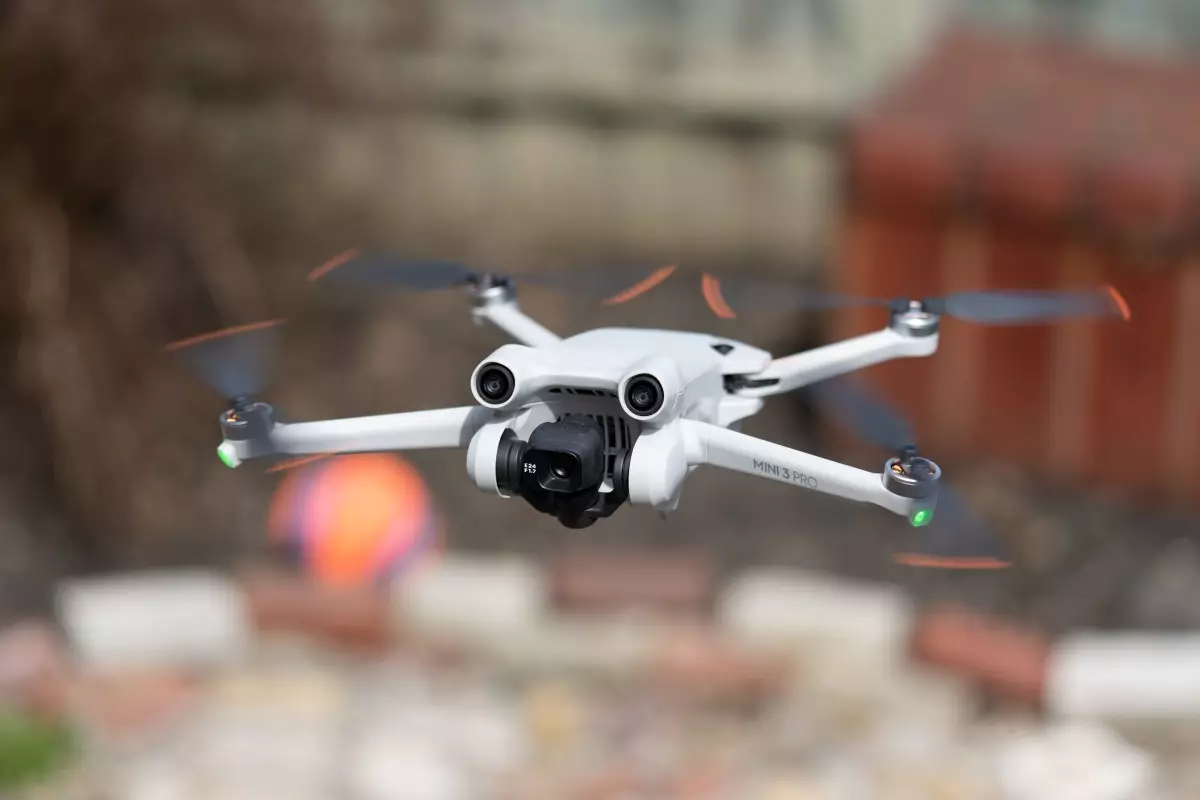In a striking turn of events, DJI, the renowned drone manufacturer, has initiated legal proceedings against the U.S. Department of Defense (DoD). The lawsuit emerges from DJI’s classification as a “Chinese military company,” a designation that the company vehemently contests. This legal action, filed after an extended period of engagement with the DoD lasting more than sixteen months, underscores DJI’s frustration with what they perceive as misinformation regarding their business operations and affiliations. By seeking judicial intervention, DJI aims not only to rectify its standing but also to challenge the overarching narrative that positions it as a national security threat.
At the heart of DJI’s defense is a firm assertion of autonomy from the Chinese military. The company maintained, through a spokesperson, that its core business revolves around the production of consumer and commercial drones—products that are markedly distinct from military applications. The differentiation between commercial and military drones highlights a crucial point in this dispute. DJI argues that the government’s portrayal lacks nuance, painting a simplistic picture that may drive consumers and partners away from their products due to perceived national security risks.
The increasing scrutiny of technology companies based in China, particularly in sectors like drone manufacturing, reflects growing tensions in U.S.-China relations. As the U.S. government increasingly scrutinizes businesses linked to China, DJI’s situation serves as a notable case study in how international perceptions can impact a firm’s operations and reputation.
The experience of DJI is not isolated; it follows a troubling pattern of increasing regulatory actions against Chinese firms. In 2020, the company was listed on the U.S. Department of Commerce’s Entity List, which imposed stringent restrictions on U.S. businesses attempting to engage with DJI. The inclusion on this list, combined with its designation by the Treasury Department for investment restrictions due to allegations related to surveillance practices against the Uyghur population, has had severe implications for the company’s ability to operate within the U.S. market.
These developments raise critical questions about transparency, fairness, and the broader implications for global business practices. Not only does DJI’s lawsuit seek to challenge the labeling it finds unjust, but it may also serve as a precedent for how other foreign firms approach their relationships with U.S. regulatory bodies in light of similar allegations.
Future Implications
As the lawsuit unfolds, the implications for DJI, U.S.-China relations, and international business practices could be substantial. A favorable ruling for DJI could not only restore its reputation but also prompt a reconsideration of how companies are classified and treated based on their country of origin. Conversely, a ruling against DJI might result in stricter regulations for other technology companies from China, further deepening the divides within the technology sector and impacting consumer choices.
This legal battle signifies more than just a corporate dispute; it encapsulates the complexities of modern geopolitics, technological trust, and strategic economic positioning. As both parties lay their arguments before the court, observers may gain valuable insights into the navigating of international business amid national security concerns.

